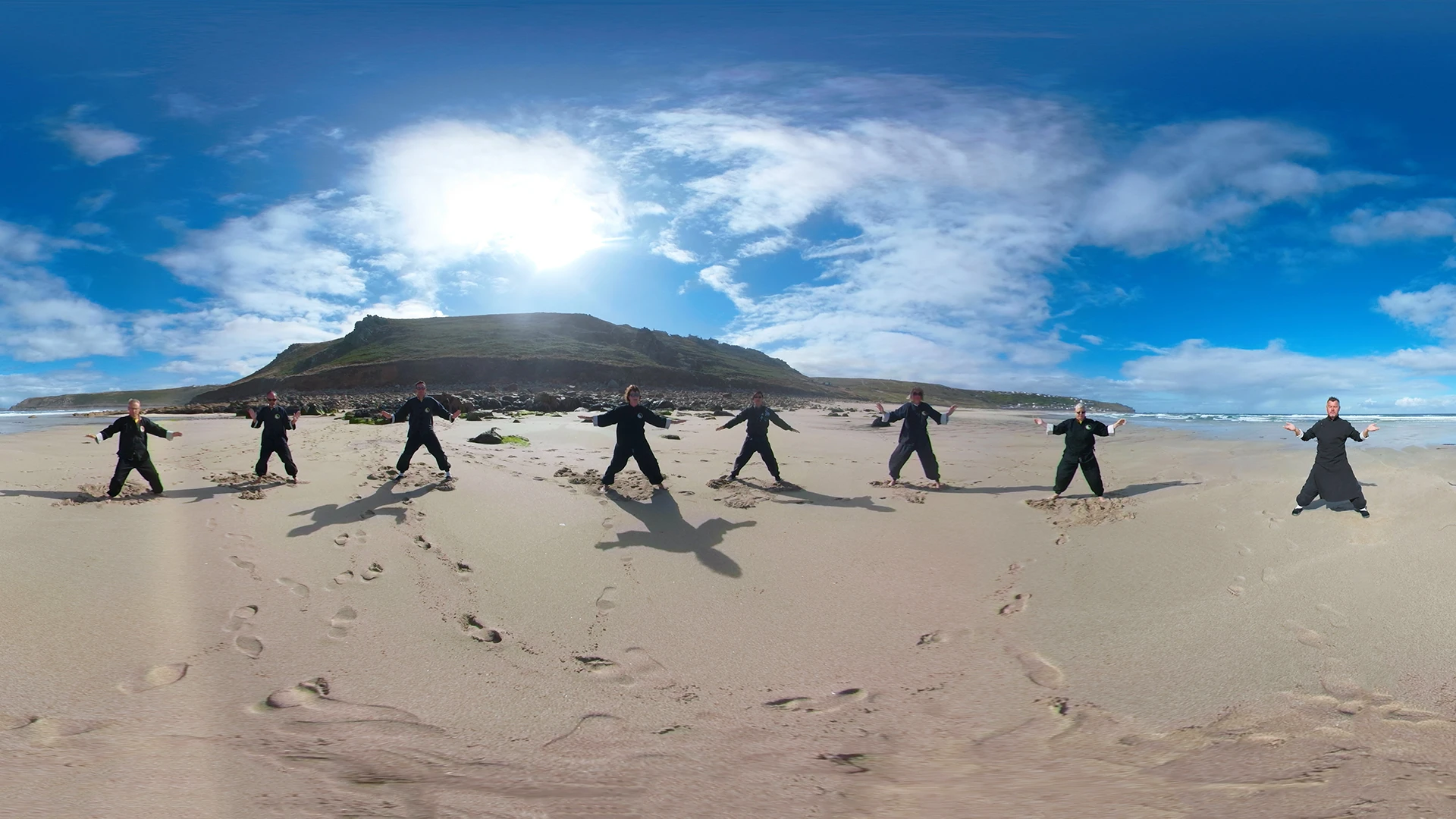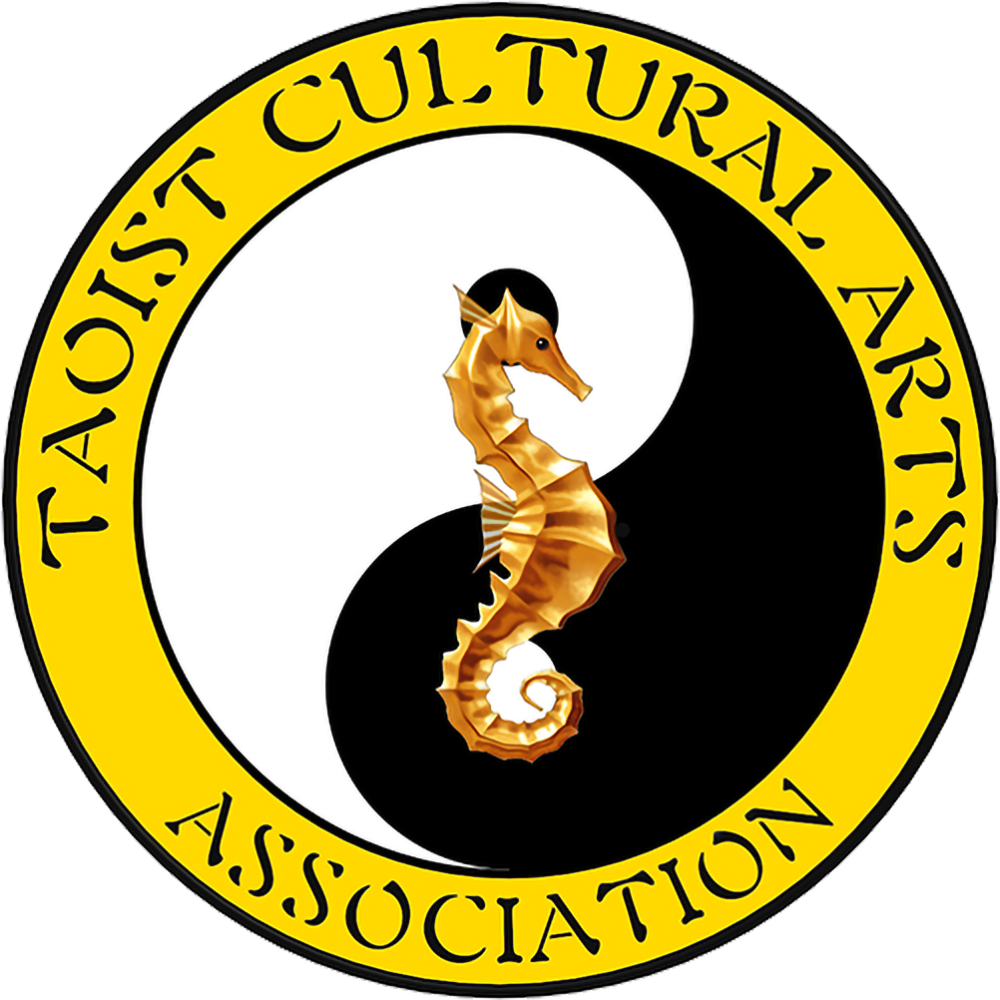
Wuwei (无为) often translated as “non-action,” is a fundamental concept in Taoist philosophy and has an important role in the practice of Tai Chi. While it may sound like doing nothing, wuwei is actually a way of acting without forcing or interfering with natural processes. In this blog post, we will explore the concept of wuwei and its significance in Tai Chi, drawing on the works of ancient Taoist philosophers such as Liezi, Zhuangzi, and Laozi.
Understanding Wuwei
At its core, wuwei is about letting go of our ego and allowing things to unfold naturally, without our intervention. It involves being in a state of awareness, so we can respond to situations appropriately without creating resistance or conflict. It’s not about being passive, but rather actively engaging with the world around us in a way that is aligned with the flow of nature.
According to Taoist philosophy, all things arise from the Tao, or the Way, which is the ultimate reality that transcends all dualities. The Tao is not something that can be described in words, but rather something that can be experienced through direct intuition. It is the source of all life and the underlying order of the universe. To live in harmony with the Tao, we must let go of our desires, judgments, and attachments, and allow ourselves to be guided by the natural order of things.
Wuwei is not just a philosophical concept, but a practical one as well. It can be seen in the way we move, breathe, and interact with others. In Tai Chi, wuwei is embodied in the practice of slow, flowing movements that follow the natural rhythms of the body and breath. The goal is not to force the movements or achieve a specific outcome, but rather to allow the movements to emerge spontaneously from within.
Wuwei in Action
To illustrate the concept of wuwei, let’s look at some stories from ancient Taoist philosophers.
In the Liezi, there is a story about a butcher named Ding. One day, a prince came to Ding’s shop and asked him to cut up an ox. Ding did so with ease, using his knife as if it were an extension of his hand. The prince was amazed and asked Ding how he was able to cut up the ox so effortlessly. Ding replied, “I don’t look at the ox with my eyes, but with my mind. My mind tells my hand where to go, and the knife follows. I let go of my ego and allow the natural order of things to guide me.”
This story demonstrates the idea of wuwei as effortless action, where the mind and body are in harmony and work together seamlessly. By letting go of his ego and allowing the natural order of things to guide him, Ding was able to perform his task with ease and skill.
In the Zhuangzi, there is a story about a man named Cook Ding who was able to chop up an ox with ease. When asked how he was able to do it, Cook Ding replied, “I follow the Tao, not my own preferences. I move with the flow of things, not against them. When I first started chopping up oxen, all I could see was the ox. Now, I see the spaces between the joints and know where to cut.”
This story illustrates the idea of wuwei as following the natural order of things, rather than trying to impose our own will on the world. By focusing on the spaces between the joints, Cook Ding was able to see the natural structure of the ox and work with it, rather than against it.
Wuwei in Tai Chi
In Tai Chi, wuwei is embodied in the practice of slow, flowing movements that follow the natural rhythms of the body and breath. Rather than trying to force the body into a specific position or movement, Tai Chi practitioners allow the movements to arise spontaneously from within. By doing so, they cultivate a deep sense of awareness and sensitivity to the natural flow of energy within the body and the environment.
Through regular practice of Tai Chi, practitioners can develop a sense of ease and relaxation in their movements, which can help reduce stress and promote overall well-being. Tai Chi has been shown to have a range of health benefits, including improving balance, flexibility, and cardiovascular health, as well as reducing symptoms of anxiety and depression.
Research has also shown that Tai Chi can help reduce inflammation in the body, which has been linked to a range of chronic health conditions, including cardiovascular disease, diabetes, and cancer. In one study, participants who practiced Tai Chi regularly for 12 weeks showed a significant reduction in levels of inflammation compared to a control group 4.
In addition to the physical benefits, Tai Chi also has a meditative aspect, which can help cultivate a sense of inner peace and calm. By focusing on the movements and the breath, practitioners can quiet the mind and enter a state of deep relaxation. This can be particularly beneficial for those who suffer from anxiety or stress-related disorders.
Wuwei in Daily Life
While Tai Chi is a powerful practice for cultivating wuwei, the principles of non-action can be applied to all areas of our lives. By letting go of our ego and allowing things to unfold naturally, we can reduce stress and create a greater sense of harmony and balance.
One way to incorporate wuwei into daily life is to practice mindfulness. Mindfulness involves being fully present in the moment, without judgment or distraction. By cultivating awareness of our thoughts, feelings, and surroundings, we can learn to respond to situations with greater clarity and equanimity.
Another way to cultivate wuwei is to practice surrender. Surrender involves letting go of our attachment to outcomes and allowing things to unfold as they will. Rather than trying to control every aspect of our lives, we can learn to trust in the natural order of things and allow ourselves to be guided by it.
Finally, it’s important to cultivate a sense of playfulness and curiosity in our lives. By approaching situations with a sense of openness and curiosity, we can learn to let go of our expectations and allow ourselves to be surprised by the unexpected.
Nature’s path
Wuwei is a fundamental concept in Taoist philosophy and has an important role in the practice of Tai Chi. It involves letting go of our ego and allowing things to unfold naturally, without our intervention. In Tai Chi, wuwei is embodied in the practice of slow, flowing movements that follow the natural rhythms of the body and breath.
Through regular practice of Tai Chi, practitioners can develop a deep sense of awareness and sensitivity to the natural flow of energy within the body and the environment. This can help reduce stress and promote overall well-being, as well as cultivate a sense of inner peace and calm.
While Tai Chi is a powerful practice for cultivating wuwei, the principles of non-action can be applied to all areas of our lives. By letting go of our ego and allowing things to unfold naturally, we can reduce stress and create a greater sense of harmony and balance. By practicing mindfulness, surrender, and playfulness, we can cultivate a greater sense of ease and relaxation in our lives.
References:
- Liezi. Translated by A.C. Graham. New York: Columbia University Press, 1990.
- Zhuangzi. Translated by Burton Watson. New York: Columbia University Press, 2003.
- Laozi. Tao Te Ching. Translated by Stephen Mitchell. New York: HarperCollins
- A Comprehensive Review of Health Benefits of Qigong and Tai Chi
https://www.ncbi.nlm.nih.gov/pmc/articles/PMC3085832/


Leave a Reply